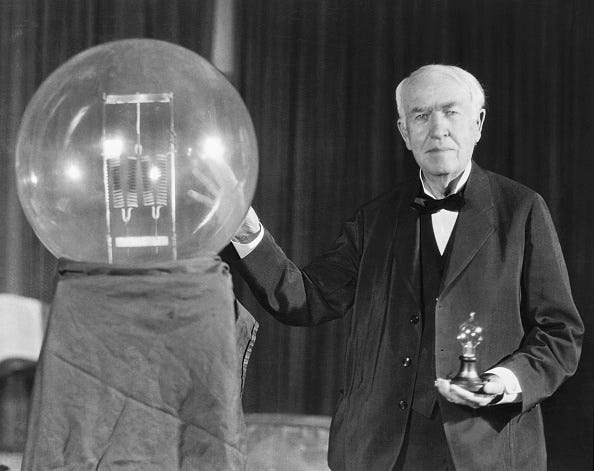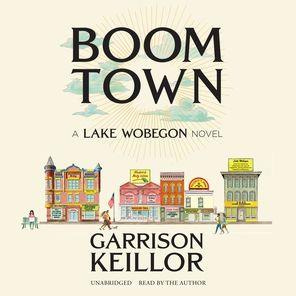The Writer's Almanac from Saturday, October 21, 2017
“We’ll Always Have Parents” by Mary Jo Salter from The Surveyors. © Knopf, 2017.
ORIGINAL TEXT AND AUDIO - 2017
It's the birthday of science fiction writer Ursula K. Le Guin, born in Berkeley, California (1929). She grew up in a family of academics. Her mother, Theodora Kroeber, was a psychologist and writer. Her father, Alfred Kroeber, was the first person to receive a Ph.D. in anthropology from Columbia University—he's been called the "Dean of American anthropologists." He specialized in researching Native American cultures, and so Ursula grew up with Native American myths.
When she was young, over the course of 10 years, she wrote five novels, none of which were published. Publishers in the 1950s thought her writing was too "remote." So she began to write science fiction and fantasy, and she has been incredibly prolific for the last four decades. She has published more than 100 short stories, 20 novels, 11 children's books, six volumes of poetry, and four volumes of translation. She's best known for her Earthsea books, a fantasy series that takes place in a world populated by wizards and dragons. She also wrote the Hainish Cycle — science fiction novels set in an imaginary universe where the residents are genderless.
An interviewer once asked her advice for writers, and she replied: "I am going to be rather hard-nosed and say that if you have to find devices to coax yourself to stay focused on writing, perhaps you should not be writing what you're writing. And if this lack of motivation is a constant problem, perhaps writing is not your forte. I mean, what is the problem? If writing bores you, that is pretty fatal. If that is not the case, but you find that it is hard going and it just doesn't flow, well, what did you expect? It is work; art is work."
It was on this day in 1879 that the inventor Thomas Edison finally struck upon the idea for a workable electric light. People had been trying to make electric lights since the 1820s to replace kerosene and gas lamps, but they had chosen the wrong material for the filament: platinum. And Edison tried carbonized cotton thread, carbon filament that worked much better. He later improved the design with a tungsten filament that lasted longer and glowed brighter.
One of the effects of the invention of the electric light is that people sleep less than they once did. Before 1910, people slept an average of nine hours a night; since then, it's about seven and a half. Sleep researchers have shown in the laboratory that if people are deprived of electric light, they will go back to the nine-hour-a-night schedule.






As my father, nigh 90 when he passed away, often said to us, "I'm not in bad shape for the shape I'm in." It means a lot more as I'm now in the middle of my octogenarian years.
There may be more of us in these latter years than used to be, but few of us who act a generation (Read 20 Years), younger with what they do and say. More puerile, I guess.
You've got great gifts, GK. Keep us younger than we might be. Keep it up. Your songs and stories are the keys. Use those keys to open those doors you have....and ours too.
Like sugar in my coffee: too little fails to transform me, and too much overdoes me. You, sir, "just-right-us, like the stories of Woebegone.
“Sleep researchers have shown in the laboratory that if people are deprived of electric light, they will go back to the nine-hour-a-night schedule.”
Maybe we should turn the lights off...